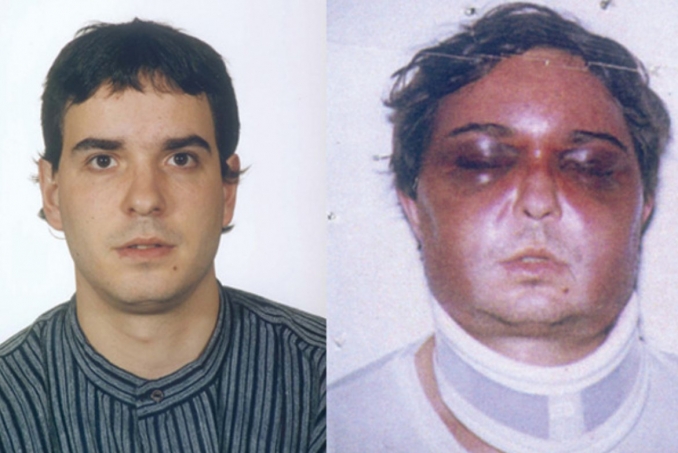Basque Country: Civil Guard Chief defends actions during 'The Torture Years'
A former Spanish Police Chief (Civil Guard) has defended the use of torture of suspects in the Basque country.
He was interviewed by the Spanish television station TV3.
Report here from Argia:
http://www.argia.eus/albistea/former-civil-guard-defends-torture-basques...
The issue has become prominent following the publication of a report which says that between 1960 and 2014 there were 4113 documented cases of Torture of Basque detainees. Of the 4,113 cases included in the report, in 1,792 instances the Spanish Police were the torturers, in 1,785 cases the Civil Guard the other 336 cases involved the Basque Police (Ertzaintza).
Spain has frequently been the subject of critical reports by the ECHR and also the United Nations. There have also been documented cases of extra-judicial killings carried out by proxies of the Spanish security forces.
Basque suspects and alleged members of ETA have often resisted attempts to extradite them from third countries citing threat of abuse and torture in Spain. In a case in Switzerland in 2016 a woman apprehended on a European arrest warrant opposed her extradition back to Spain.
According to Swiss daily Blick, she claimed to have been suffocated with a plastic bag, raped, beaten and subjected to electroshock treatment during five days after her arrest in 1999.
A report from a Spanish prison doctor found injuries consistent with such treatment, it said.
The detailed documentation of ‘the torture years’ is sure to reopen the debate on the return to Spain of detainees from some European countries (such as the United Kingdom) and also will surely focus on the cooperation of the International Criminal Police Organisation INTERPOL which cooperated with the Spanish authorities during the years in question.
Image: Basque activist Unai Romano before and after being tortured by the Spanish Police.
Bernard Moffatt







